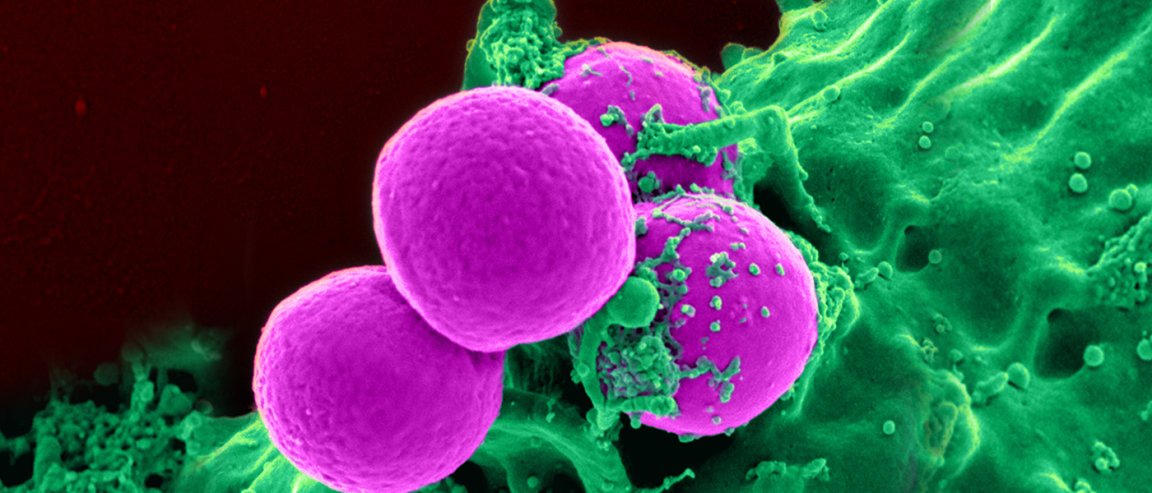
Sugar For The Superbugs
Dealing with illness has never been easier in the history of our species. Whenever we feel a little under the weather, we find out what’s wrong with us and take whatever is prescribed to make our symptoms virtually disappear. It seems almost perfunctory, until you think about the infection-causing bacteria’s ability to adapt. can be a dangerous game.
Species are often put to the evolutionary test: perish — or survive and adapt. In the case of disease-causing bacteria, the latter is an unfavorable outcome of our misuse of antibiotics. Most major health experts fear that drug-resistant bacteria, or “superbugs,” may be our next global health crisis.

At the current rate of antimicrobial resistance (AMR) in bacteria, experts predict that fighting diseases Tuberculosis, HIV, and malaria will only grow more complicated. While antimicrobial resistance is threatening to render many life-saving drugs useless, three Canadian researchers may have discovered an answer to superbugs — and it’s maple syrup.
Nathalie Tufenkji and her research team have presented their finding at the 253rd National Meeting and Exposition of the American Chemical Society, outlining how our favorite breakfast condiment may help strengthen the effects of antibiotics.
Antibiotics on Syrup
Tufenkji believes that our solution to AMR lies with phenolic compounds, which are natural molecules that often have biological activities. Some phenolic compounds are present in maple syrup prepared from the concentrated sap of maple trees, and the compounds can be extracted. Dubbed as phenolic-rich maple syrup extract, the mixture works against bacteria only when combined with existing antibiotics, establishing a synergy that can reduce the dosage of antibiotics needed to treat infections by an astounding 90 percent.
The combinational approach worked on many notorious bacterial strains, including: E.coli, everyone favorite gastrointestinal troublemaker; Proteus mirabilis, the bacteria responsible for urinary tract infections; and Pseudomonas aeruginosa, a common cause of hospital infection.

The potent maple syrup derived mixture seems to work against bacteria by increasing outer membrane permeability, inhibiting bacterial metabolism, and repressing genes associated with drug resistance genes and bacterial mobility. Combine this with only 10 percent of the expected antibiotic dosage, and you may have a natural solution to AMR.
While the team doesn’t believe the data are definitive just yet, the results are promising and can be verified with future studies. If the maple syrup extract is as effective as this study suggests, its use could go a long way toward controlling the growing antibiotic resistance of superbugs.